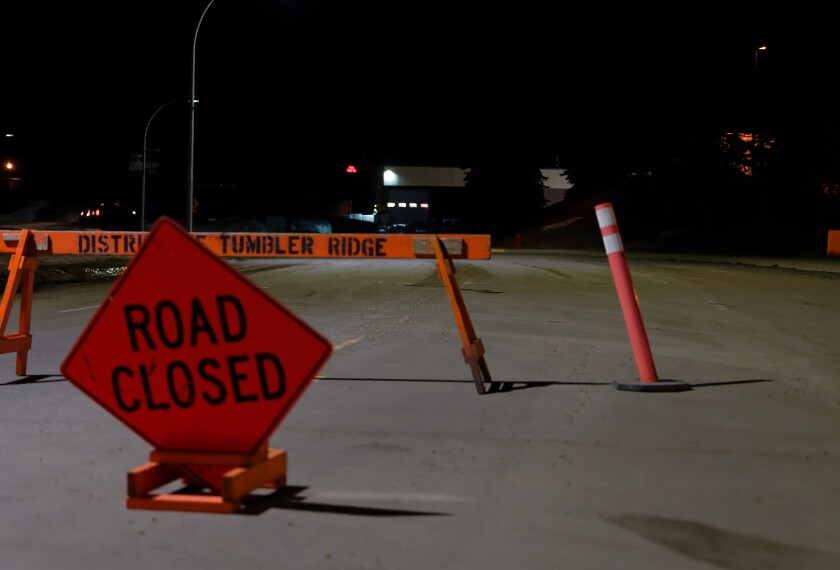Student-athletes who sustain concussions may have a shorter recovery if they rest and abstain from regular cognitive activity following that injury, suggests a study published online last week in the journal Pediatrics.
Researchers drew that conclusion after examining data from 335 patients between the ages of 8 and 23 who were seen at the sports-concussion clinic of Boston Children’s Hospital between Oct. 1, 2009, and July 31, 2011.
The athletes self-reported their degree of cognitive activity—complete rest, minimal activity (no reading or homework, less than 20 minutes per day of online activity and video games), moderate activity (reading less than 10 pages per day, less than one hour combined of homework, online activity, and video games), no significant activity (reading less and doing less homework than usual), or full activity.
The researchers discovered that the youth-athletes who engaged in the highest levels of cognitive activity experienced a delayed recovery compared with those who engaged in higher levels of cognitive rest.




